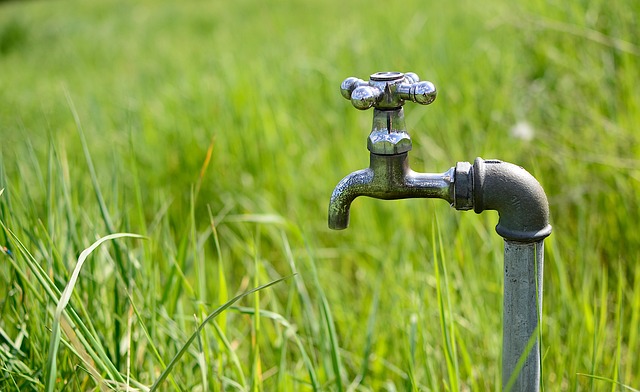The Environmental Impact of Greenhouse Effect on Climate Change
The greenhouse effect is a term that resonates deeply in our current environmental discourse. It evokes a sense of urgency as we face the realities of climate change. This phenomenon highlights how human activities are transforming the delicate balance of our atmosphere, leading to profound impacts on our environment.
At its core, the greenhouse effect is a natural process that warms the Earth’s surface. Solar energy reaches our planet, and while some of this energy is reflected back to space, a significant portion is absorbed and re-radiated as heat. Gases like carbon dioxide, methane, and nitrous oxide trap this heat in the atmosphere, creating a blanket that keeps our planet warm enough to sustain life. However, human activities, particularly the burning of fossil fuels, significantly increase the concentrations of these greenhouse gases, intensifying the greenhouse effect and altering our climate.
The consequences of an enhanced greenhouse effect are far-reaching and alarming. With rising global temperatures, we are witnessing an increase in extreme weather events, disrupting ecosystems and communities alike. Droughts are becoming more severe, flooding more frequent, and storms more intense. These changes not only threaten the natural environment but also jeopardize our food and water security, towering over the most vulnerable populations and further deepening social inequalities.
In many regions, the impacts are evident: glaciers are retreating, polar ice caps are shrinking, and sea levels are rising. Aquatic ecosystems are suffering, with coral reefs facing bleaching and marine life being pushed to adapt or perish. The connectivity of all these elements reveals the fragility of our planet’s systems—a reminder that every action has a ripple effect on the environment.
Climate change, fueled by the burgeoning greenhouse effect, also poses dire consequences for biodiversity. Many species are struggling to adapt to the rapid changes in their habitats, leading to an increase in extinction rates. The loss of biodiversity not only diminishes the beauty of our natural world but also undermines ecosystem services that humanity relies on, such as pollination, water purification, and climate regulation.
Addressing the challenges posed by the greenhouse effect requires a collective commitment to rethinking our interactions with the planet. Transitioning to renewable energy sources, enhancing energy efficiency, and adopting sustainable practices are crucial steps we must take to mitigate our impact on climate change. As individuals, communities, and nations, we must recognize our role in this global challenge and take actionable steps towards fostering a healthier environment.
While the task may seem daunting, hope lies in our capacity for innovation and adaptation. The more we understand the intertwined nature of the greenhouse effect and climate change, the better equipped we will be to create pathways toward a sustainable future. It is essential that we nurture a sense of responsibility for our planet and advocate for policies that support environmental integrity. Every small change can contribute to a larger movement that ultimately benefits our collective home.




